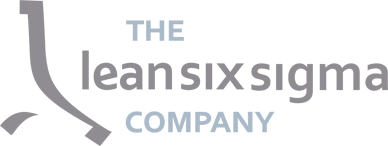Toyota has been engaged in continuous improvement for decades. They see continuous adjustment and improvement of stable processes as the most important competitive advantage. Continuous improvement is a skill that all Toyota employees must possess – this is the Improvement Kata.
The term “Kata” comes from martial arts and means “a series of recorded movements’’. This means you can think of the Improvement Kata as a number of predefined steps that must be completed from the current situation to a target state. It gives the improver certainty on how to get to the right solution, despite not knowing which solution will be chosen yet.
What is Coaching Kata?
Every employee must, as said before, master the Improvement Kata. This means that it must be taught by the manager by means of the ‘Coaching Kata’. Teaching of the Improvement Kata and the coaching during the execution of the Improvement Kata is called the Coaching Kata. This is the main task of the Lean manager. His goal is to make every employee a good process improver in order to create a culture of continuous improvement.
The Coaching Kata focuses on the “how” rather than the “what” (which solution is the right one):
– assists in ensuring that the Improvement Kata is properly implemented;
– poses procedural questions;
– gives direction, not answers;
– stimulates continuous learning.
How is Coaching Kata applied?
The Coaching Kata is performed by asking the following 5 questions:
- What is your goal state?
- What is your current state?
- What obstacles are preventing you from reaching the goal state?
- What is your next step?
- When can we see what we have learned from taking this step?
By using the Coaching Kata, the manager is saved from the pitfall of coming up with the solution and instead focusing on the “how” to encourage continuous learning.
Coaching Kata as part of Lean Leader training
Coaching Kata is one of the components covered in our Lean Leader training. Request our study guide for more information on the Lean Leader training program.
Want to learn more or have a question?
Request our prospectus.
